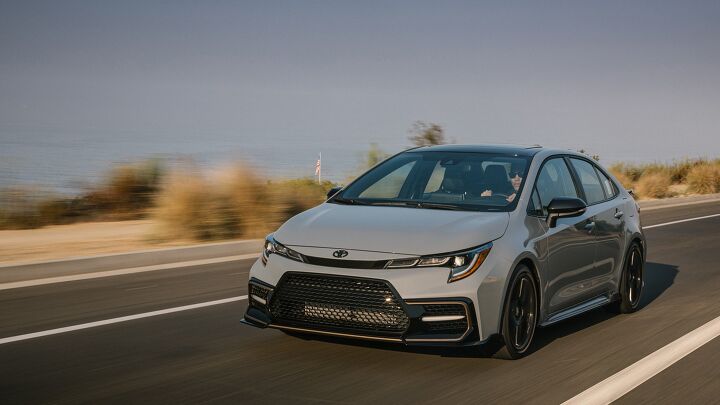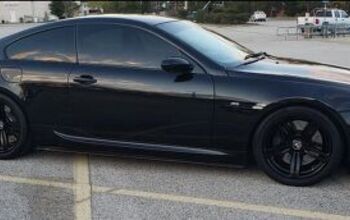More Than a Million Toyota and Lexus Models Recalled for Airbag Sensor Issue

Despite having been around for decades, vehicle airbags are not infallible or immune to manufacturing defects. There was the massive and ongoing Takata airbag recall, and automaker continue issuing recall actions to correct or prevent failures of airbag sensor systems. Toyota is the latest, as its most recent action involves around 1.1 million vehicles from between 2020 and 2022 for malfunctioning airbag sensors.
The recall includes:
· 2020-2021 Toyota Avalon and Avalon Hybrid
· 2020-2022 Camry and Camry Hybrid
· 2020-2021 Corolla
· 2020-2021 Highlander and Highlander Hybrid
· 2020-2021 RAV4 and RAV4 Hybrid
· 2021 Sienna Hybrid
· 2021 Lexus ES 250
· 2020-2022 ES 300h
· 2020-2021 ES 350
· 2020-2021 RX 350 and RX 450h
The problem stems from the airbag’s Occupant Classification System, which is a system of sensors in the front seats that tell the airbag how to deploy based on the weight of the person sitting in the seat. The sensors in affected Toyota models may have been improperly manufactured, “causing a short circuit.” The automaker said that the failure “would not allow the airbag system to properly classify the occupant’s weight, and the airbag may not deploy as designed in certain crashes, increasing the risk of injury.”
Toyota is not the first and won’t be the last automaker to recall vehicles for issues with their occupant classification systems. Last year, GM recalled several SUVs for the same problem, and several years before that, Nissan recalled vehicles to replace some sensors in select vehicles.
[Image: Toyota]
Become a TTAC insider. Get the latest news, features, TTAC takes, and everything else that gets to the truth about cars first by subscribing to our newsletter.

Chris grew up in, under, and around cars, but took the long way around to becoming an automotive writer. After a career in technology consulting and a trip through business school, Chris began writing about the automotive industry as a way to reconnect with his passion and get behind the wheel of a new car every week. He focuses on taking complex industry stories and making them digestible by any reader. Just don’t expect him to stay away from high-mileage Porsches.
More by Chris Teague
Latest Car Reviews
Read moreLatest Product Reviews
Read moreRecent Comments
- Theflyersfan I always thought this gen XC90 could be compared to Mercedes' first-gen M-class. Everyone in every suburban family in every moderate-upper-class neighborhood got one and they were both a dumpster fire of quality. It's looking like Volvo finally worked out the quality issues, but that was a bad launch. And now I shall sound like every car site commenter over the last 25 years and say that Volvo all but killed their excellent line of wagons and replaced them with unreliable, overweight wagons on stilts just so some "I'll be famous on TikTok someday" mom won't be seen in a wagon or minivan dropping the rug rats off at school.
- Theflyersfan For the stop-and-go slog when sitting on something like The 405 or The Capital Beltway, sure. It's slow and there's time to react if something goes wrong. 85 mph in Texas with lane restriping and construction coming up? Not a chance. Radar cruise control is already glitchy enough with uneven distances, lane keeping assist is so hyperactive that it's turned off, and auto-braking's sole purpose is to launch loose objects in the car forward. Put them together and what could go wrong???
- Jalop1991 This is easy. The CX-5 is gawdawful uncomfortable.
- Aaron This is literally my junkyard for my 2001 Chevy Tracker, 1998 Volvo S70, and 2002 Toyota Camry. Glad you could visit!
- Lou_BC Let me see. Humans are fallible. They can be very greedy. Politicians sell to the highest bidder. What could go wrong?


































Comments
Join the conversation
Is this new batch of faulty airbags also Damned Takatas? Not clear from speedreading the article (which is all the time I am willing to invest in it)
Toyota likes to Stall things until they don't have to pay up and fix their Junk